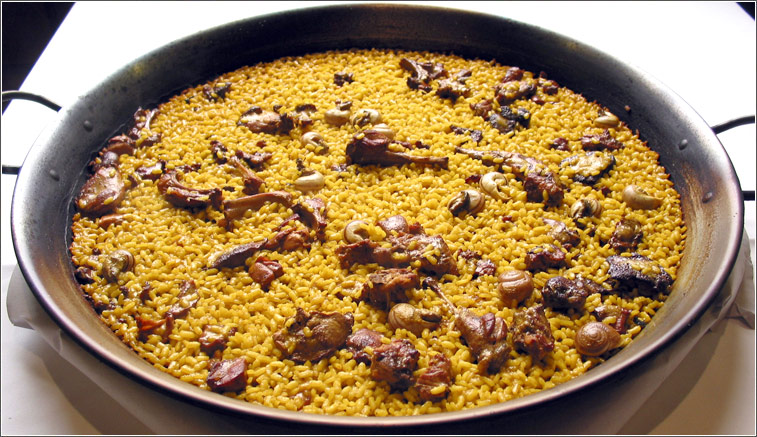The Bar Avenida

I've been chided many, many times, by friends and acquaintances, for choosing to go into "old men's bars". If you live in Spain you know the sort of place. It's not a particularly lavishly decorated spot. In fact, normally it's a bit dowdy, poorly lit, a bit grubby. It has a tiled floor that has seen better times, the tables and chairs are a bit worse for wear too. Probably there are piles of abandoned kit in plain view - beer crates, extra tables, mop buckets and over there, by the toilets, an old fashioned chest freezer, emblazoned with a company name, now used just for ice and as a resting place for flotsam and jetsam. The bar of the bar is probably quite long and it's not particularly decorative - stainless steel or some polished stone maybe. In the old days there used to be heaps of used serviettes on the floor by the bar. The telly will be on, though usually the sound is muted. That's not the case with the rest of the place. If what your eyes se...





